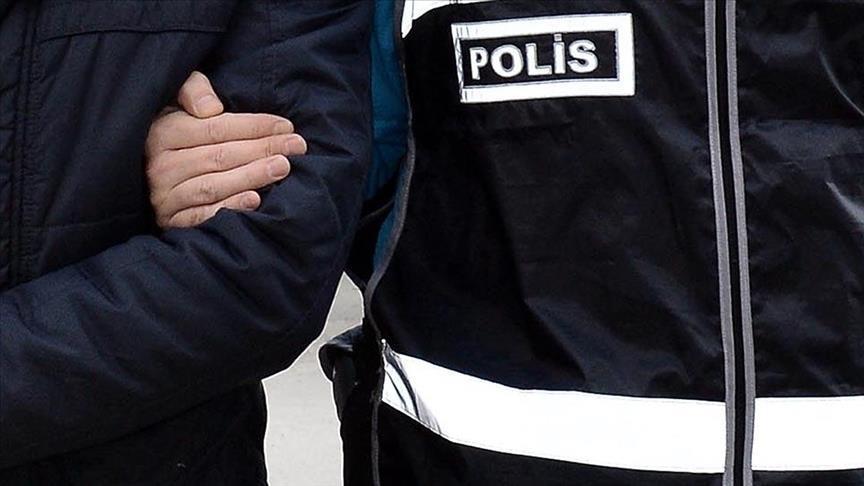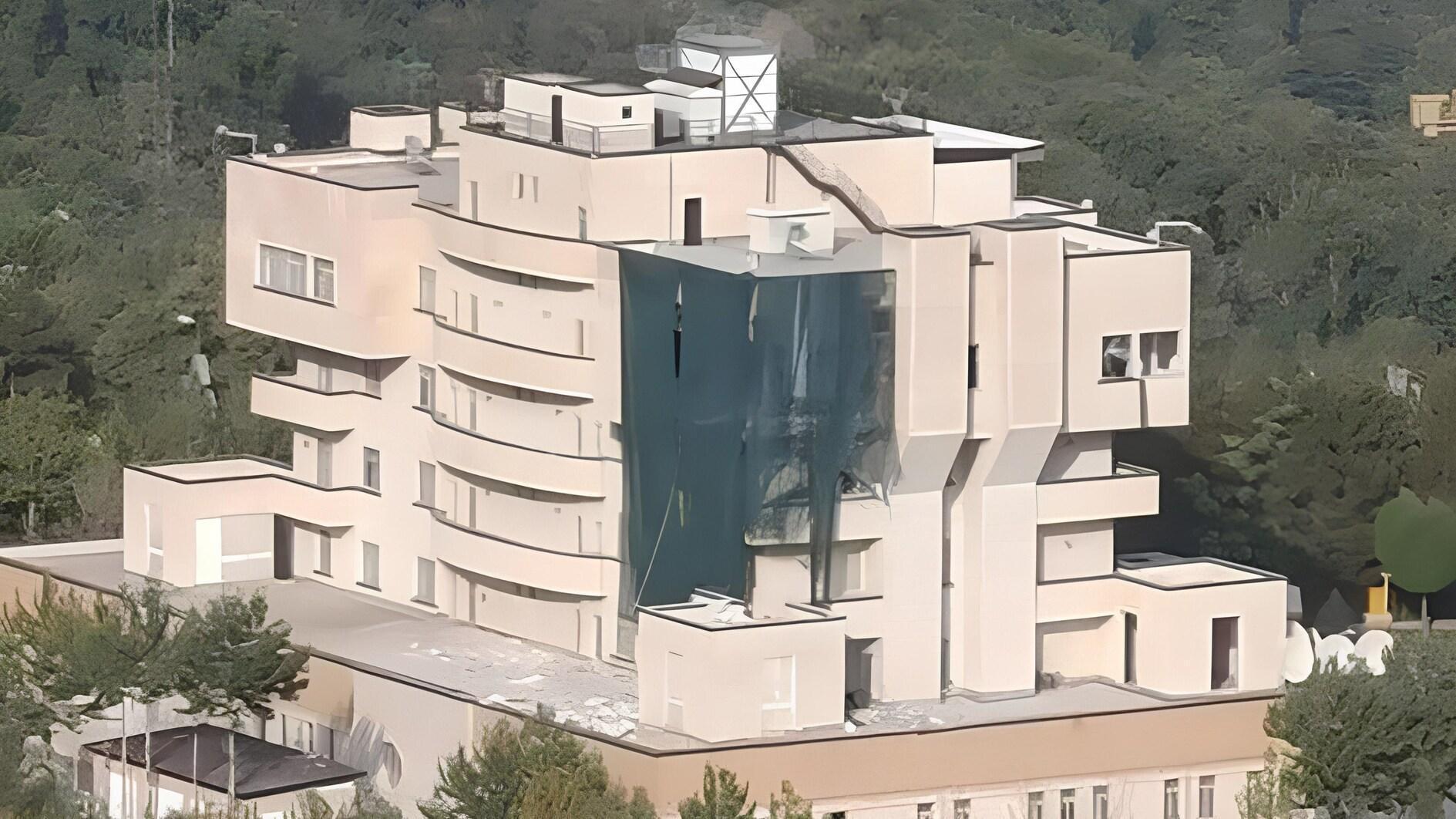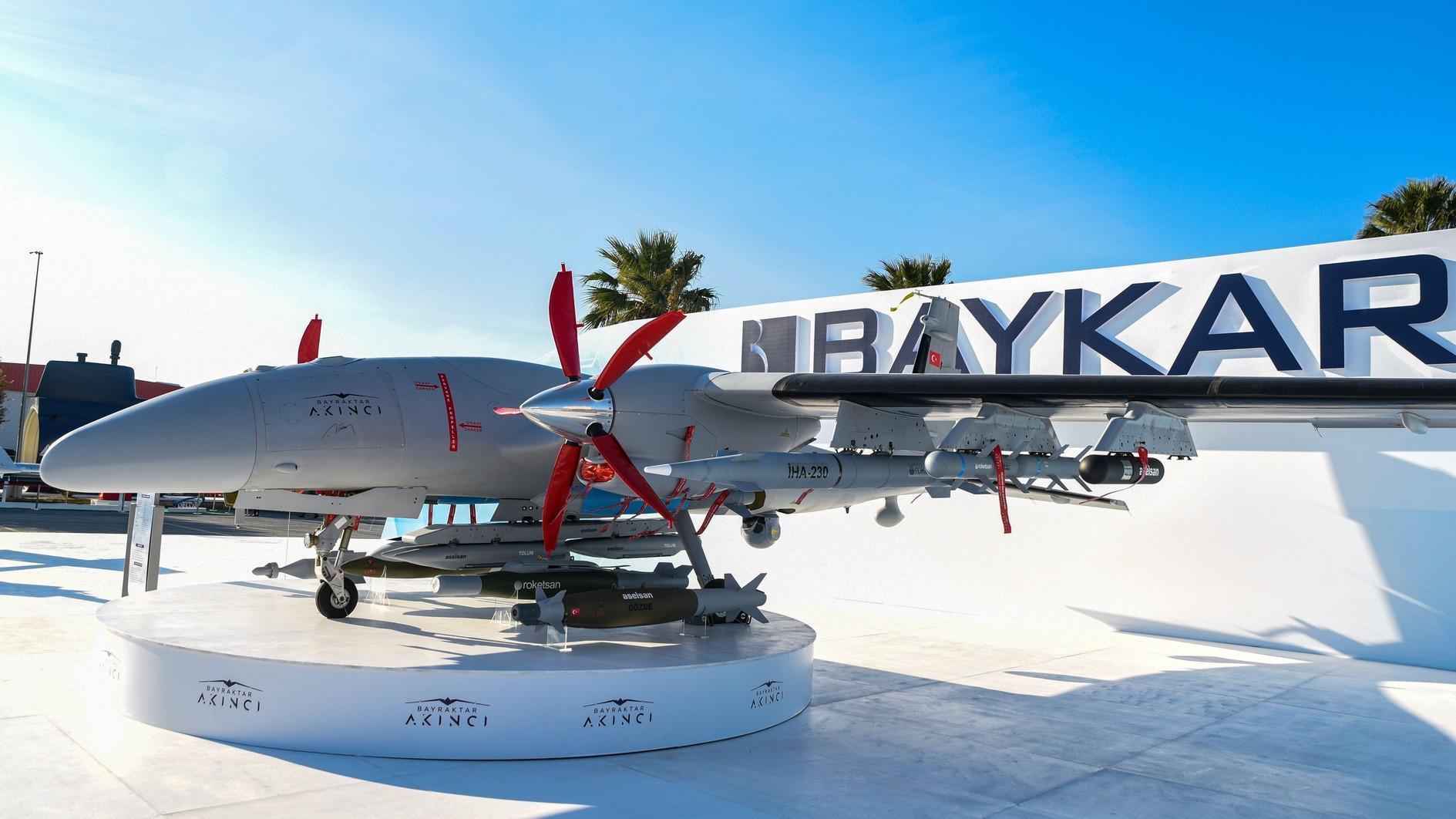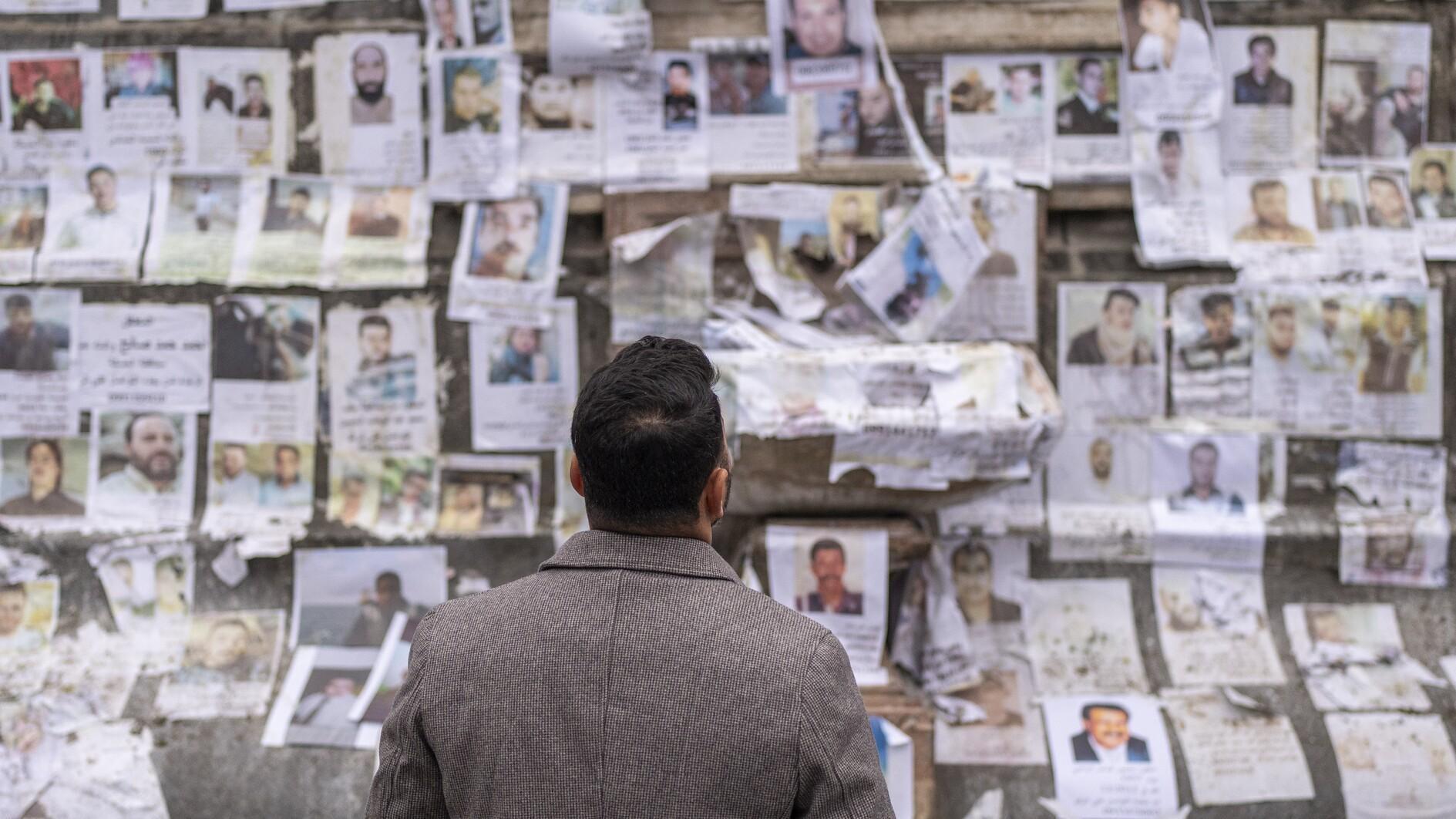A frog in the pot
If you drop a frog in a pot of boiling water, so they say, it will hop right out again. However, if you put a frog in a pot of cool water, and gradually turn the heat up under it, the frog will not notice what’s happening. It will happily sit there until the water boils, and it dies.
It’s a story the environmentalists like to tell. Besides, I already knew that human beings have trouble in detecting slow-moving threats. You can watch us failing to do it every day: we persistently ignore the fact that we are running into trouble at a civilisational level, even though the evidence is all around us.
The foundation of every civilisation is an adequate food supply: human beings simply cannot live at the density of population that civilisation implies without a reliable agriculture. But the supply of good agricultural land is limited, and the number of human beings is not.
Governments everywhere are well aware of the problem: we are now 7 billion people, heading for an estimated 11 billion by the end of this century, and the food situation is already getting tight. But everybody finds local reasons to ignore that fact.
Most governments in the developing countries know the facts, but the short-term political imperative to raise living standards takes precedence over the longer-term imperative to curb the warming. So headlong industrialisation wins the policy debate every time.
The developed world’s governments do nothing, because until recently they secretly believed that the catastrophe would mostly hit countries in the former Third World. That would unleash waves of climate refugees, plus local wars and a proliferation of failed states, but the rich countries reckoned that they would still be able to feed themselves – and their military could hold the other problems at bay.
But what is becoming clear, just in the past few years, is that the developed countries will also have trouble feeding themselves. Part of the problem is that many of them depend heavily on underground aquifers for irrigation, and the water is running out.
For example, the amount of irrigated land in Texas has dropped by 37 percent since 1975. The amount in Kansas has fallen by nearly 30 percent in the past three years. In these countries, the problem is extreme weather causing massive floods and prolonged droughts – like the heat wave that hit grain production in the US Midwest last summer, or the coldest spring in 50 years in England, which has cut wheat yields by a third.
Combine the steep fall in irrigation, the crop losses to wild weather, and the diversion of large amounts of cropland to grow “biofuels” instead of food, and it is not at all certain that the developed world will be able to grow enough food for its own citizens in five or ten years time. So are the leaders of these countries launching crash programmes to stop the warming, cut down on water losses and end the lunacy of biofuels?
Of course not. The smarter ones just reckon that since their countries will still be rich, they will buy up whatever food is available elsewhere and feed their own people that way. It will be other people, in other countries, who go hungry.
And the slower ones? They’re just frogs.











